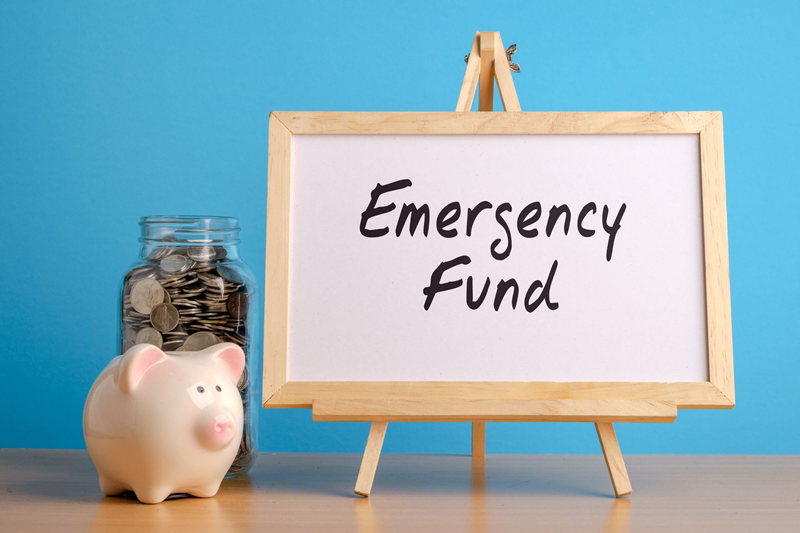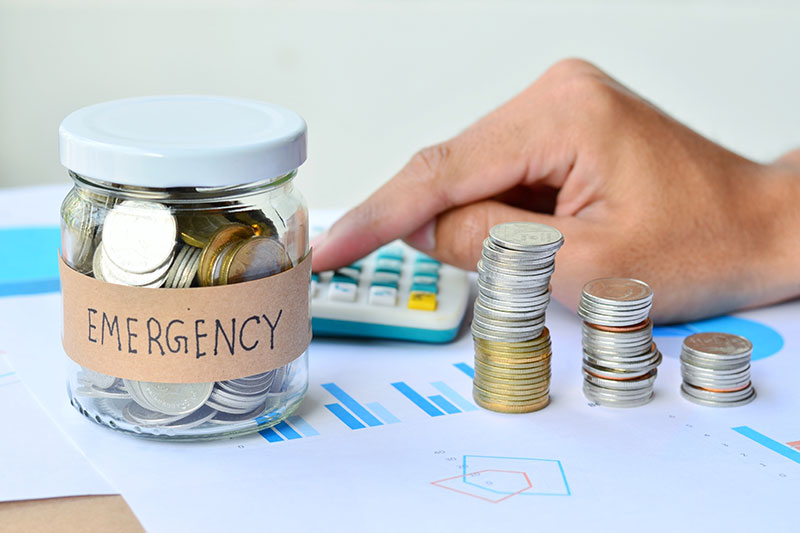
Mukul used to work in a tech company in Gurgaon. Some time ago he lost his job due to retrenchment. Mukul had not made any financial preparations to deal with such a situation. Therefore, he did not have money even to pay the house rent and important bills. He also missed paying the EMI.
Mukul is among three out of four Indians who have not saved for unexpected expenses. Even in a developed country like America, only 44 percent of employed people have paid attention to creating an emergency fund to deal with difficult situations. But, from Mukul's problem you must have realized how important it is to create an emergency fund.
Let us tell you how you can create an emergency fund and how much of your income it should be.
Why should you create an emergency fund?
There are many benefits of an emergency fund. If you suddenly need money, you will not have to reach out to anyone. There will be no burden of debt on you. At the same time, if you do not have an emergency fund, you will have to take a loan even if you do not want to. In this situation, you will neither be able to save money nor invest.
How much should be the emergency fund?
First of all you have to calculate what your monthly expenses are. In this, other necessary expenses should also be included along with rent, ration and medicines. If monthly installments like EMI are also going on, then include them in the calculation also. Then multiply it by 12 and this will be your emergency fund amount.
For example, if your total monthly expenditure is Rs 50 thousand, then your emergency fund should be at least Rs 6 lakh. Only when this emergency fund is ready, be money on other things.
How to create an emergency fund?
- You should save 30 percent of your earnings. Invest 15 percent of this, and keep the remaining 15 percent for the emergency fund. This process should continue until the fund is ready.
- Do not invest the emergency fund amount where returns are subject to risks, such as the stock market. It should be implemented only in schemes considered absolutely safe.
- If you feel that your job is in danger, you can also increase the amount of emergency funds. Also, unnecessary expenses should be stopped completely.
- If there is a need to spend some money from the emergency fund in any month, such as important bill payment, then try to compensate it in the next month.
- Use emergency funds only in emergency situations. For example, you have lost your job or your medical expenses have become very high.

Where should the emergency fund be kept?
The meaning of an emergency fund is that you have saved this money for sudden difficulties. Therefore, keep this fund in such a place where even if the interest is less, you can get the money at the time of need without any hassle. You can make an FD of the emergency fund amount keep it in a separate savings account or can also invest in a Liquid Mutual Fund. There is no penalty for breaking liquid funds.
PC Social media










